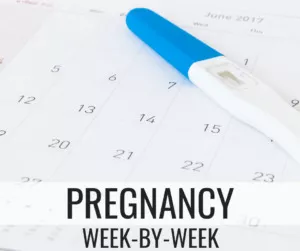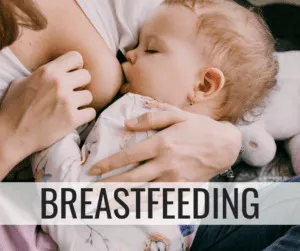
Group B Strep Screening
Group B Strep, or GBS, is a common name for Streptococcus Agalactiae, a colonizing bacterial present in a woman’s digestive and genital tract. Although it rarely causes problems in healthy pregnant women, it can lead to serious infections and illnesses in newborn babies. GBS screening identifies bacteria presence in the rectal or vaginal area of a pregnant woman.
According to the Centers for Disease Control and Prevention (CDC), around 25% of women carry Group B Streptococcus bacteria in their body during pregnancy. Health professionals should screen or test women for GBS in the 36th or 37th week of pregnancy.
A pregnant woman with a positive GBS test has a higher chance of delivering a baby with an infection or disease. Research shows that antibiotics given to pregnant women through the vein (IV) during labor can reduce GBS disorder’s early-onset in newborn babies.
Causes of Group B Strep
Many healthy women carry GBS in their bodies. A pregnant woman can carry it for a short time because GBS usually come and go. Sometimes, it stays in the vaginal or rectal area for a long time. GBS does not transmit sexually and through food or water.
There is no solid research evidence that shows the causes of spread from the mother’s body to the newborn. However, some studies show that GBS can spread to the newborn during a vaginal delivery if the baby swallows fluid containing GBS.
What is Group B Strep Screening in Pregnancy?
Health professionals use a prenatal screening test for GBS to detect colonized bacteria in pregnant women’s rectum or vagina. The screening aims to determine the risk of infection that a woman will pass to her newborn during delivery.
The CDC recommends screening pregnant women for GBS in the vagina between 35 and 37 weeks of pregnancy. When a pregnant woman tests positive for GBS, the health professional should give her intravenous antibiotics during labor or delivery.
If you have already had GBS tested positive in a urine sample earlier in your pregnancy or had a baby with GBS previously, you should automatically receive intravenous antibiotics during delivery. If you have not been tested for GBS or have preterm labor, or suffering from fever during childbirth, you should receive intravenous antibiotics.
Health professionals recommend a culture of the rectum and vagina for prenatal GBS screening. The test involves placing a swab of both sides into a selective enrichment broth. It encourages the GBS growth, and if it grows in the broth, health professionals carry out additional tests to confirm GBS’s presence.
Effects of GBS on Pregnant Women
Most pregnant women carrying GBS do not show any symptoms and give birth to normal babies. Sometimes, GBS’s presence can cause complications during pregnancy, including uterine lining infection, bloodstream infection known as sepsis, and urinary tract infection (UTI).
GBS also increases the risk of placental infections and amniotic fluid damage, increasing the chances of preterm birth. Studies highlight that GBS positive usually does not affect the speed of labor or time of delivery.
However, your doctor will give you intravenous antibiotics during your labor to decrease the risk of passing bacteria to your newborn. Penicillin is the most recommended antibiotic to reduce the risk of transmitting GBS to the child during the delivery.
Effects of GBS on Newborn
Most often, BGS is life-threatening for newborn babies due to their underdeveloped immune systems. According to the CDC, it causes fatal disease in around 6% of infected babies. In general, babies can be infected with two types of GBS, which are early-onset and late-onset disease.
Early-onset GBS disorder occurs in the first week after the child’s birth. Studies show that early-onset GBS affects around 75% of newborn babies. The most common symptoms of early-onset GBS are sepsis, pneumonia, fever, drowsiness, feeding problems, and meningitis.
Although the late-onset disease is rare in babies, it can affect babies in the first three months of life. It can lead to complications like brain inflammation, hearing loss, cerebral palsy, and even death. Studies show that babies usually do not get late-onset GBS from mothers.
Final Words
Group B Strep or GBS is a type of bacteria found in reproductive and digestive tracts. Although it does not cause health issues for mothers, it can affect newly born babies with pneumonia, meningitis, sepsis, and other health conditions.
If the newborn has a GBS infection, the health professional will give him or her intravenous antibiotics. Health professionals may also provide fluids through the vein to ease the symptoms of GBS in babies.









